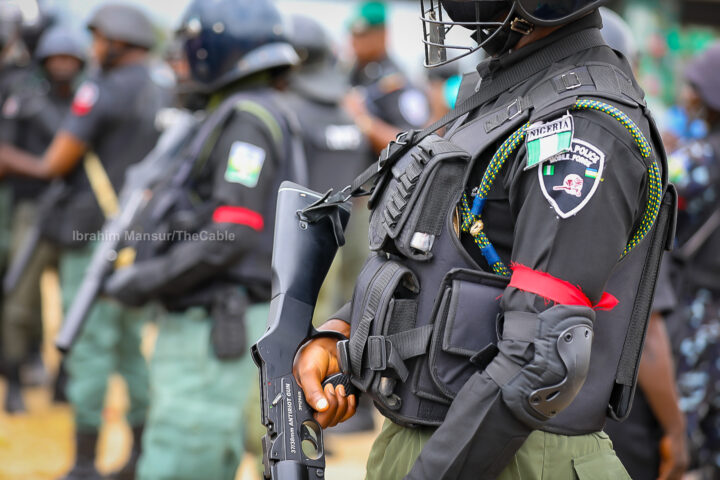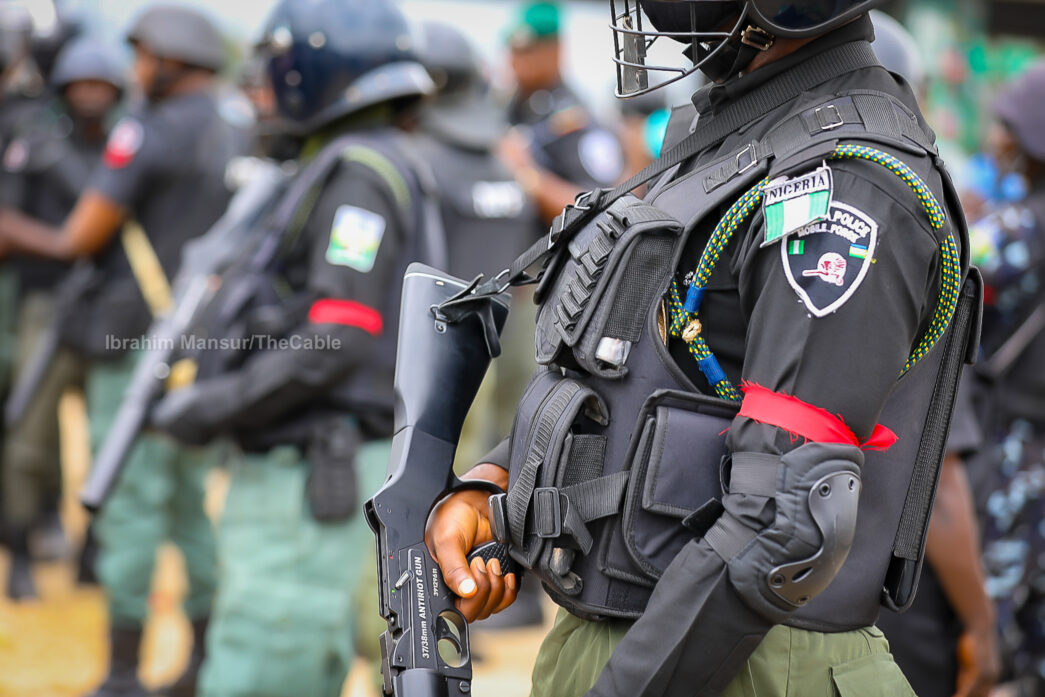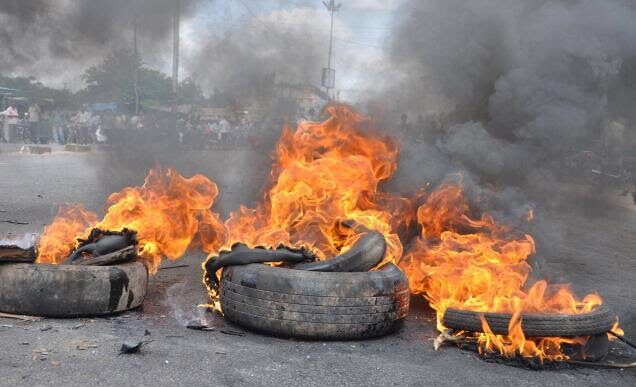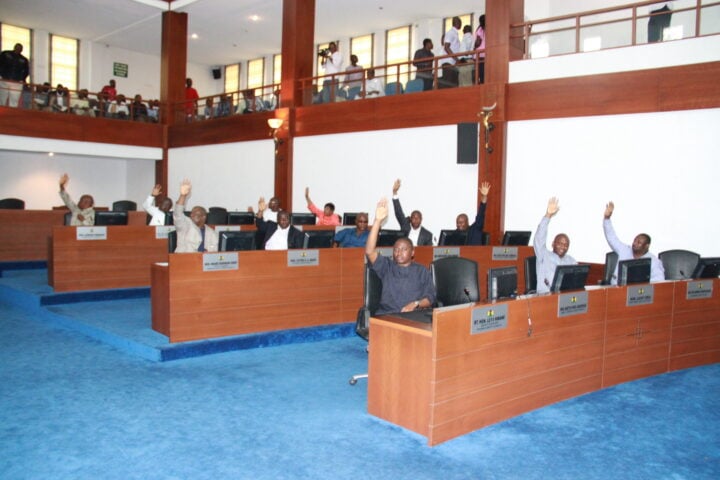Police officers | File photo
BY ABUBAKAR ABBA SANUSI
The quiet community of Udune Efandion, located in Esan North East local government of Edo state, came into the limelight after the horrific lynching of a group of hunters. These hunters were en route to Kano from Port Harcourt for the upcoming Sallah celebrations when they were mistaken for kidnappers. The devastating attack has sent shockwaves across the country due to the barbarism and inhumane actions of the community, who cheered and recorded the incident.
The group of hunters was intercepted by a local vigilante group, who discovered locally made Dane guns and other hunting equipment. The situation escalated, and a mob gathered, unleashing unimaginable mayhem while the vigilante group watched.
This horrific incident raises further questions in the ongoing debate about state policing in Nigeria. Proponents of state police often argue that it would address local security challenges effectively because most officers and recruits would be sourced from the local community. This, they claim, would give them an advantage in understanding the terrain, culture, and specific issues of the areas they come from. They also argue that response times to incidents would be faster and that there would be a greater commitment to the cause due to patriotism toward one’s area of origin.
Advertisement
However, despite the claims of state police supporters, I believe the Uromi killing is a clear example of how power can be abused by a community due to inherent biases and dispositions against certain ethnic or religious groups. The politicization of state police, especially by governors who often clamp down on opposition figures, rig elections, and intimidate citizens, is a significant concern, particularly in states with a history of such behaviour.
A centralised police force is less likely to be tied to local politics, though this assumption has been tested by events like the emirship tussle in Kano, where the Nigerian Police Force has been used to support one party in the dispute.
State police could fragment efforts against national threats due to poor coordination, leaving states vulnerable. Mistrust of outsiders and non-indigenes, combined with unchecked mob actions driven by sentiments, biases, and rumours, could spiral out of control.
Advertisement
According to the driver of the ill-fated truck conveying the hunters, the vigilante group stopped them and, without much clarification, handcuffed him and took him to the police station.
However, before this, the leader of the vigilante group had given orders for the killing of the remaining people. This demonstrates that, despite working alongside the federal police, the local vigilante group can still take the law into their own hands and dispense it unjustly. One can only imagine how reckless and power-drunk they might become if the entire policing of the state were placed in their hands.
Similar cases of excesses by local groups like Amotekun and Hisbah abound.
Nigeria is not ripe for state police at this time due to the ethnic and religious tensions fueled by politicians and unchecked social media. Almost every local security group has been involved in one case of power abuse or another.
Advertisement
Can they transform into an objective and professional force capable of protecting the lives and property of both citizens and outsiders alike, or will they succumb to the influence of governors and local leaders?
A bill in the house of representatives, sponsored by Hon. Bello el-Rufai, seeking an amendment to the constitution to accommodate the establishment of state police thereby giving governors more control over security matters in their states and addressing regional security challenges has passed its second reading. However, I have strong doubts about its viability and even its eventual passage and assent.
This scepticism stems from incidents like the one in Edo state and the bitter conflict between farmers and herders, which has led to the stereotyping of ethnic groups in Nigeria.
The disadvantages of a state police force far outweigh its advantages in Nigeria as currently structured. It would likely become a weapon in the hands of state governors for oppression and control, and it would be less likely to improve local security challenges. For now, it will remain an illusion, a mere wish on the lips of its proponents.
Advertisement
Sanusi writes from Abuja, Nigeria. He can be contacted via [email protected]
Advertisement
Views expressed by contributors are strictly personal and not of TheCable.










